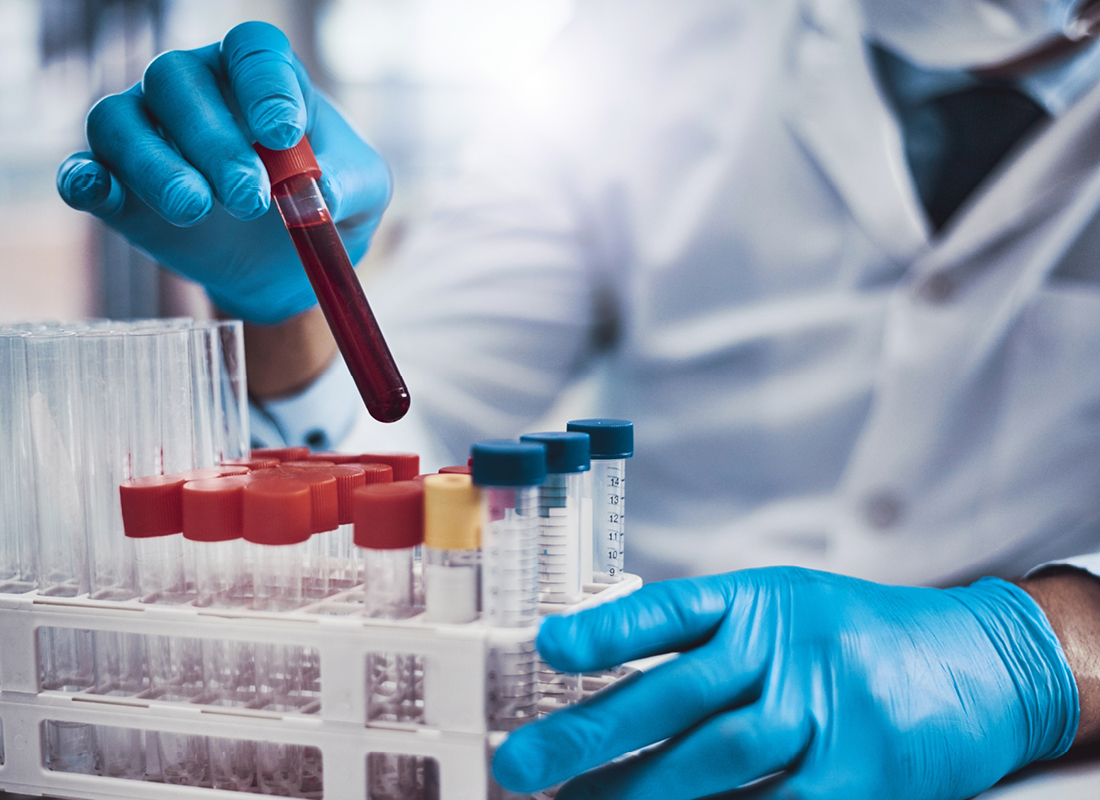New Study Suggests Blood Testing May Be Capable of Diagnosing PTSD
As post-traumatic stress disorder (PTSD) becomes more widespread, it may be becoming easier to diagnose. A new study suggests that it may soon be possible to detect PTSD by using a quick blood test instead of current diagnosis methods which rely on the results of complex psychological tests. The PTSD Diagnostic Challenge PTSD is precipitated by experiencing or witnessing actual or threatened death, serious injury or violence. Symptoms include re-experiencing, avoidance, negative thoughts or moods associated with the traumatic event and hyperarousal. War veterans exposed to combat are particularly vulnerable to PTSD. Defense Department and Veterans Affairs researchers estimate that as many as 25 percent of the individuals who served in combat zones in Iraq or Afghanistan suffer from PTSD. Current methods of PTSD identification rely on self-reported symptoms and psychological testing. However, diagnosis is problematic due to biases in self-disclosure of symptoms, stigma within military populations, and limitations identifying those at risk. Personalized treatment selection is limited by errors of omission (failing to identify individuals who would likely benefit from a specific behavioral or biological treatment) and errors of commission (treating individuals who are unlikely to benefit from a specific treatment), in part because of the lack of validated diagnostic […]

Subscribe to Clinical Diagnostics Insider to view
Start a Free Trial for immediate access to this article